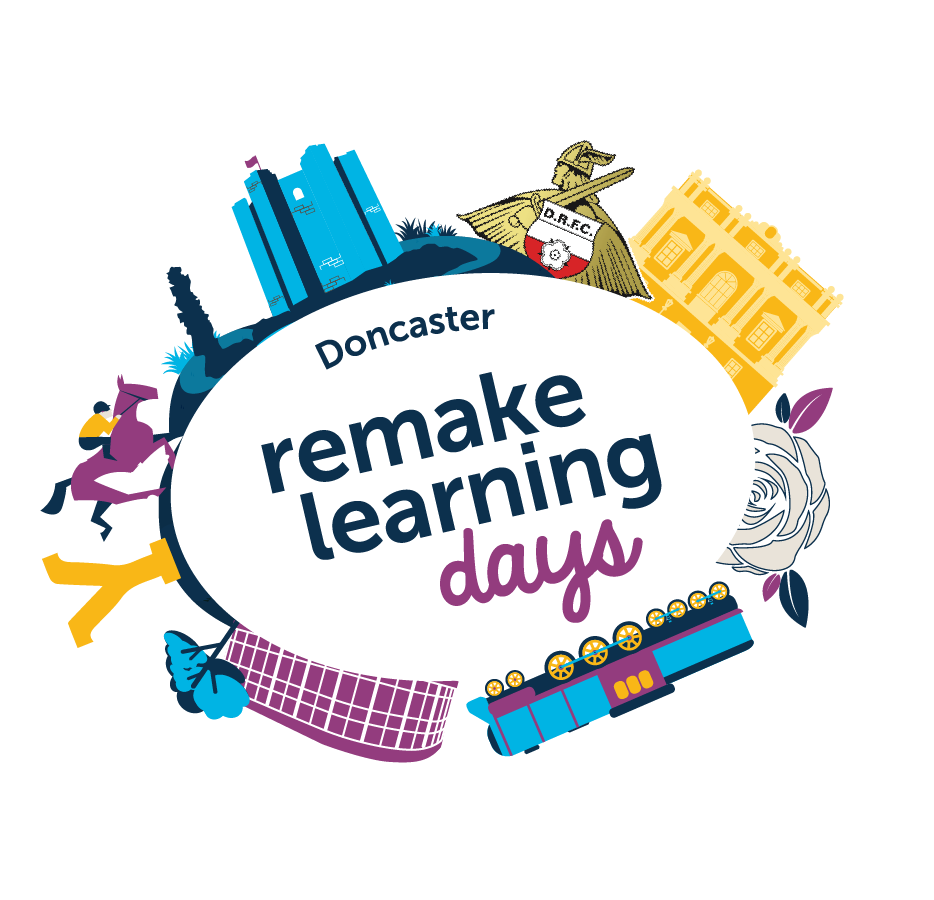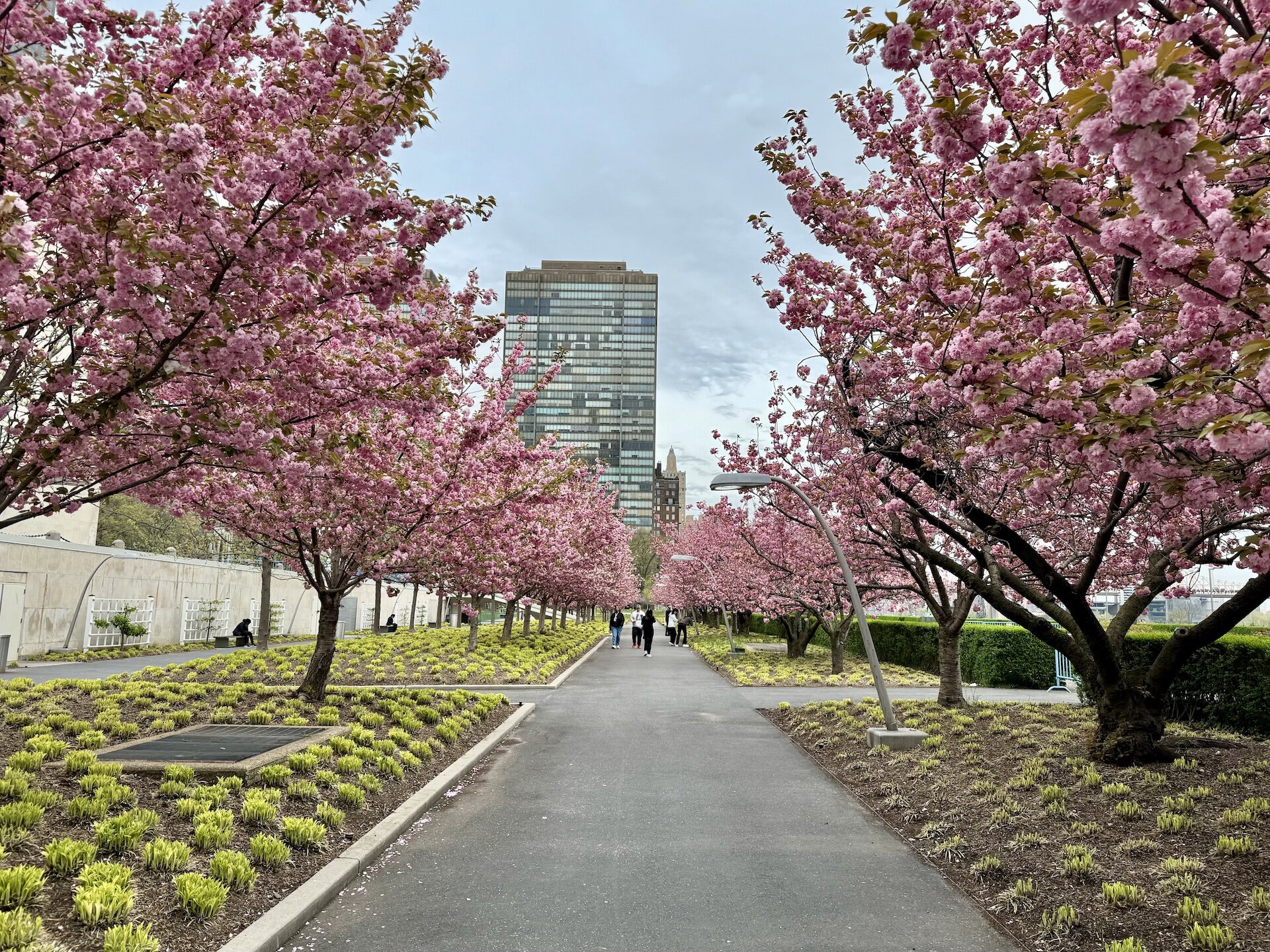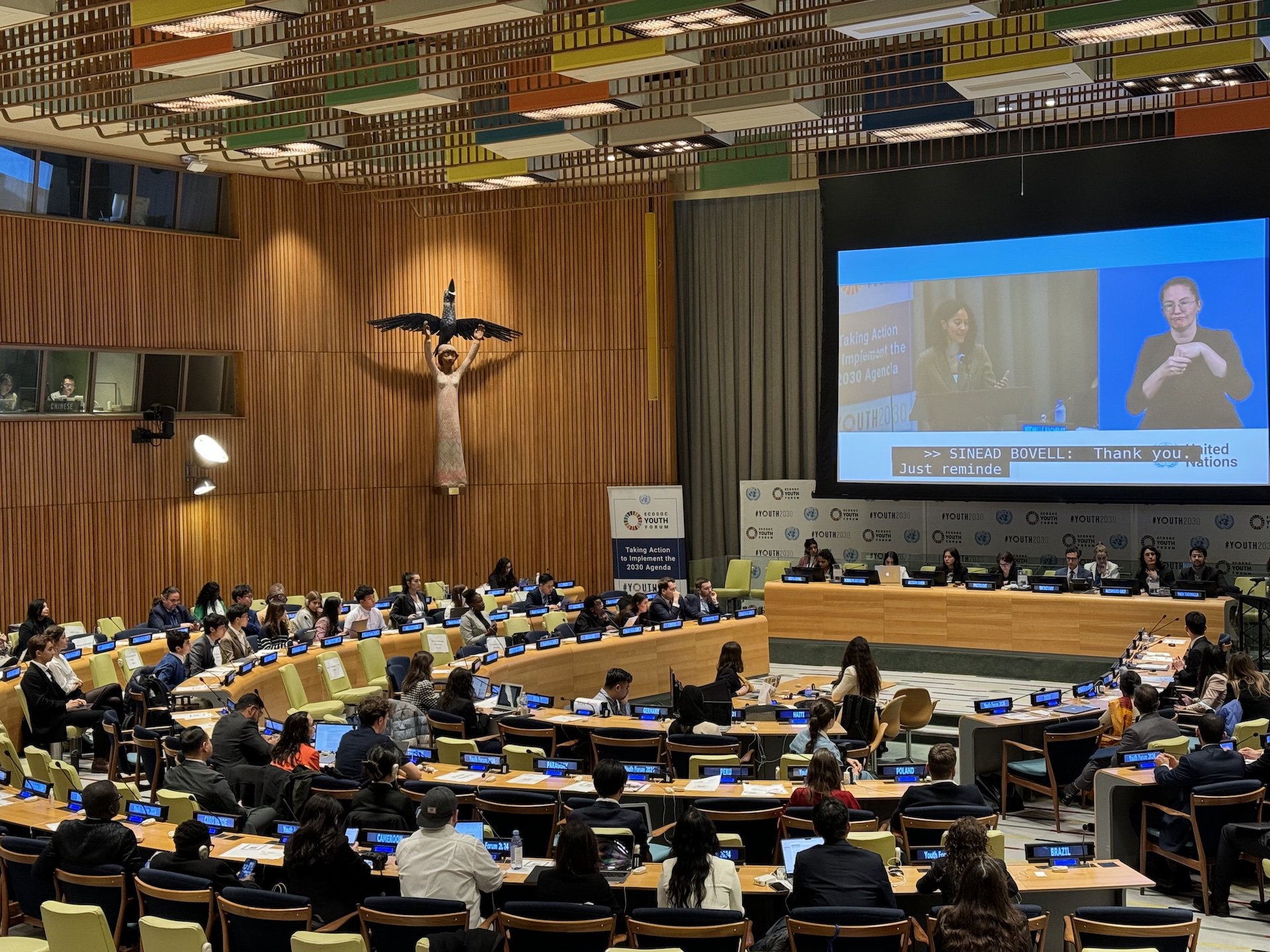Ryan, how was your experience joining the LearningPlanet Festival 2023 in person in Paris? Any favourite moments to share?
Joining the LearningPlanet Festival 2023 in person was an incredible experience. I spent multiple days at the Learning Planet Institute meeting and talking to various people and also listened to different sessions. I developed a much better understanding of the philosophy and objectives of the Institute and was very inspired by them. In fact, since returning home, I have started discussions with the principal of my high school about what we can learn from the Institute and how they envision education in the 21st century needs to be.
Specific to my project, I received invaluable feedback and recommendations from a variety of people at the Institute. I had the opportunity to spend quality time discussing my project with researchers at the Institute and they actually recommended some great resources and contact for me to follow up with that could help my project. I do not believe all of this would have been possible if I had done an online only session.

It was also a great experience presenting my project in front of a live audience and seeing their reactions in person. It is a much more rewarding experience compared to an online presentation.
I had a lot of great moments at the Festival, however, my favourite probably was meeting Dr. François Taddei, the president of the Institute. It was very inspiring to hear his vision about 21st century education.

Furthermore, it was immensely motivating for me to hear his encouraging feedback. Dr. Taddei shared his book Learning Planetizen Manifesto with me and I have been reading it. It is very interesting to learn about the concept of being a Planetizen, rather than a citizen. As Dr. Taddei states in his book, “Planetizens are to the planet, what citizens are to the city.
Meaning that whether you are a human, animal, plant anything on this planet, you are endowed with rights in our global community”. This is such an incredibly powerful concept to me. If my generation starts adopting this view of the world, I believe we can help solve so many of our problems and make progress on so many of the Sustainable Development Goals as defined by the United Nations.
I am now committed to at least start thinking as a Planetizen, and see how I can hopefully leverage both for profit as well as nonprofit startup to attract more people in my generation to move in that direction.

Furthermore, it was immensely motivating for me to hear his encouraging feedback. Dr. Taddei shared his book Learning Planetizen Manifesto with me and I have been reading it.
SensoRy AI, the company that you found, recently received a $250,000 investment from an environmental organization, and a professional fire chief agreed to join your company as an advisor. Congratulations! What challenges did you have to overcome? What are your next steps and ultimate vision for SensoRy AI?
I have been very lucky to receive the level of support that I currently have. However, it came after years of hard work and commitment. Initially I had a lot of self education and spent time learning the various components to be able to develop my solution. In particular, the Artificial Intelligence component of this solution was very complicated for me. So I reached out to various organizations and even family friends that I knew were graduate students in local universities studying AI.
I would constantly get stuck on various things and the network of people and teachers around me were a huge help for me. You can never develop something complicated and valuable without a team helping and supporting you. So I am very grateful to all of them.
The check is the $250,000 investment by Irvine Ranch Conservancy into SensoRyAI. On Ryan’s left is Dr. Nathan Gregory who has a PhD in Environmental Science from Princeton University. He is also an advisor to Ryan. The other gentleman giving Ryan the check is Mr. Michael O’Connell, their CEO.

After I developed an early simple prototype of my fire detector, I realized this will remain just an interesting science project and will never have an actual impact unless I somehow get help from professional fire fighters to build it and test it. So I had to find a way to get the attention of our local fire fighting resources. Fortunately, the local fire chief of Orange County saw some articles about my work and reached out to me.
Subsequently I was invited to make some presentations and demonstrations to wildfire scientists. Based on the positive feedback from the scientists I was able to get approval from our local fire chief and he agreed to allocate resources to help me further develop and test the product.

Chief Brian Fennessy (right) is the Fire Chief for all of Orange County California. That is an area with a population of ~3.5 Million people. The Orange County Fire Authority is the 3rd largest Fire Authority of all counties in United States. He agreed to join my startup SensoRyAI as an advisor.
I also realized I will need funding to actually create a real product. So I had to think of local environmental organizations that might be willing to fund such an initiative. I was again very lucky that a local non-profit organization agreed to fund my project. Initially it was very difficult to go as a teenager to ask for funding. But this is where the support from the OC Fire Chief and his approval became very valuable.
In summary it was a step-by-step approach, over multiple years. Just focus on a small goal in front of you and keep making progress. Constantly looking for people that can help and guide me along the way. And never give up. While the journey outlined above focuses on major achievements, I have also had a lot of failures and moments where I got stuck, or something didn’t work, or some organizations didn’t even respond to my emails. The key is not giving up and believing in yourself and your ultimate goal.
You started your journey with a science project. How did you transition from that into a startup company? What is your advice for other youth who might be interested to go down a similar path?
Especially at the age of 13, you never imagine that a science project could lead to a start-up company. I started this project because I saw first-hand the devastating impacts of wildfires on the environment, animals and humans in my community. It just felt good doing something about it. As I got more traction, and as discussed in the previous question, more and more organizations and professionals became interested in my project.
One of the major breakthroughs I achieved was I received a Naval Science Award from the Office of Naval Research (ONR). In that award, it was recommended to me to apply for a Small Business Innovation Research grant. I jumped on that opportunity and developed a proposal and actually received the grant. That became the initial grant and seed funding that motivated me to start thinking of this as an actual start-up company.
My suggestion to other teens is to first of all focus on doing something that you actually have passion for. The journey from a science project to start-up company takes years. It requires commitment and passion. However, if you are trying to solve a real-world problem that people care about, then you have a higher chance of getting support towards creation of a start-up company. My next piece of advice is to be very pragmatic and realistic in your approach. Talk to other entrepreneurs who have successfully started companies and see how they started it.
Be very mindful of the realities of developing a product or business from scratch, while staying true to your ultimate passion and goal. We are living in an age where there is a tremendous amount of information and connections available to any teenager who actually seeks to take advantage of it. And if you see the opportunity, do not hesitate to jump on it.
We are at an age where it is completely OK to take some risks and fail. Do not be scared of failures. Nick Bollitieri, the legendary tennis coach, once told me that you learn much more from your losses than from your wins.
On a more tactical and day to day level, I would highly recommend to develop a set of SMART goals, goals that are Specific, Measurable, Achievable, Relevant and Time-Bound. This will be very helpful to stay grounded in reality, and also make sure there is a quantifiable way to measure progress and success. As each goal or set of goals are achieved, the following set of goals can be defined and tracked.
Why did you start your non-profit Climate Solutions Society (CSS)? There are so many environmentally focused non-profits. How is CSS different? Why do you think other youth might be interested in joining CSS?
The main reason I started Climate Solutions Society was because I wanted to create a group focused on developing solutions, particularly STEM based solutions. So many environmentally focused groups are focused on just creating awareness, or discussing big picture political solutions and changes. There are also many initiatives around simple things, like planting or taking care of trees, and so on.
While all of these are good things, my thinking was a little different. I wanted to create a group for young technologists, other teenagers who have a passion for STEM and technology, but are also concerned about the environment. Leveraging their STEM education/knowledge, these young engineers can hopefully create solutions for specific environmental solutions. The idea is that sometimes it’s ok to focus on the small picture, rather than the big picture. I am hopeful that people as part of this group can help each other with technical tips and information and even funding options so they can get their products actually created.
So it’s a non-profit that sits very much at the intersection of STEM education and the environment. And it promotes a very pragmatic and entrepreneurial (rather than idealistic) approach to tackling environmental problems.
How do you think the LearningPlanet ecosystems can support Sensory AI and CSS?
As mentioned above, everything that Sensory AI and CSS promote and do is very much at the intersection of education and the environment. As such, it has significant strategic synergy with the LearningPlanet Alliance and its objectives. I believe through the UNESCO relationship and all the network of contacts that LearningPlanet has, Sensory AI can be introduced to global opportunities where similar disaster management is of value.
Most environmental disasters (wildfires, water pollution from oil leaks, air pollution by methane gas leak…) are very global in nature, and the Sensory AI approach can be perfect for them. Moreover, global research groups that are looking at leveraging AI to tackle environmental disasters can be very valuable partnerships for Sensory AI.
For the Climate Solutions Society, I am very interested in engaging youth from all over the world. They can all come from different backgrounds, perspectives, and experiences.
Engaging a diverse group will deeply enrich the CSS value proposition for everyone, including myself. I am sure the global outreach of LearningPlanet and UNESCO can be of significant value to that.
In reverse, how do you think Sensory AI and CSS can support LearningPlanet ecosystems?
Pretty much everything mentioned in the question above is a two-way street. Sensory AI already has an invaluable network of technology, environmental and funding connections in California who are very eager to support its initiatives. These resources can be offered to other LearningPlanet and UNESCO partners and groups throughout the world in a variety of capacities.
Additionally, the Climate Solutions Society is here to help global youth develop solutions. It can offer technology/educational support in a manner that is particularly targeted and useful for youth who do not necessarily have a formal college level education in STEM-related fields. There are so many public and free/very low cost ways that youth can educate themselves and get started on working towards their passion. This is where my personal experience over the past 2-3 years can be relevant and useful.
But most importantly, I am very open and interested to receive feedback from the Institute and UNESCO ecosystems. I believe an active and positive feedback loop is the foundation of personal growth.
Meet Ryan:
Ryan Honary is a multi-award-winning, teenaged inventor and entrepreneur who has been actively putting his STEM-fueled passion for people, animals and the environment into action for years. When he was 12 years old, local wildfires and the resulting devastation that he witnesses firsthand, motivated him to start working on developing a solution for early detection and growth prediction of wildfires. His project earned him various prestigious science and humanitarian awards such as a Disasters Services Hero Award from the Red Cross. He has been featured in various publications and TV/online interviews.
Ryan is the founder of a startup called SensoRy AI, founded in 2022 upon a research grant by the Office of Naval Research, and an investment by the Irvine Ranch Conservancy that will evaluate a multitude of environmental management and protection applications for his proprietary AI-driven sensor network technology. Additionally, in early 2023 Ryan launched the non-profit Climate Solutions Society aiming to help other teenagers get involved in STEM based projects helping the environment.
Ryan is also a competitive tennis player, and and an avid world traveller. In his free time he loves nature and outdoor physical activities such as surfing, wakeboarding and snowboarding. He also plays the electric guitar.
Website: www.ryanhonary.com
www.climatesolutionssociety.org
You can find more information about Ryan’s event at the Festival here.
Instagram/Facebook: @ryanhonary
- Video 1 – 4 min Ryan Honary / SensoRy AI Overview
- Video 2 – 15 min Presentation at the LearningPlanet Festival



